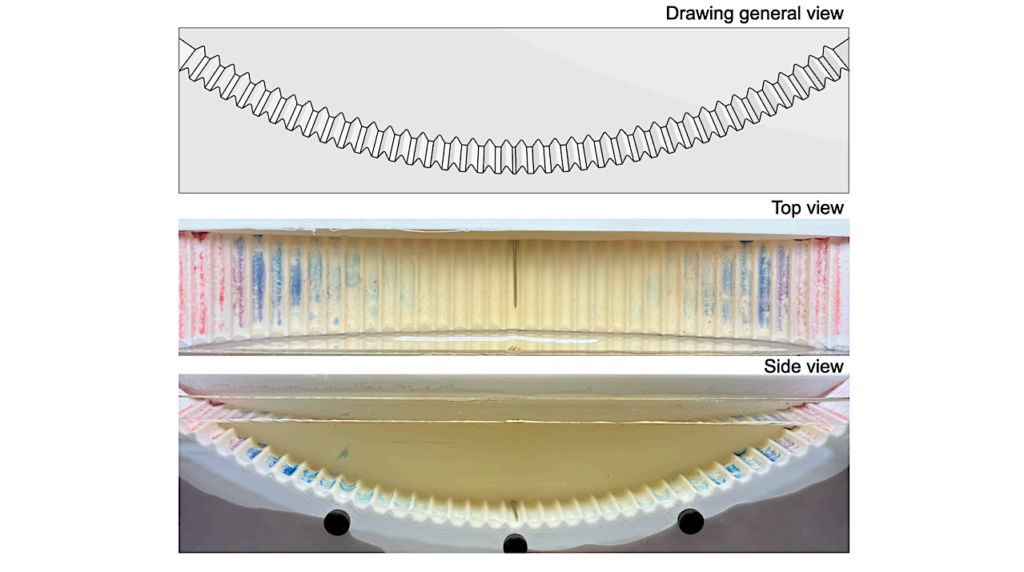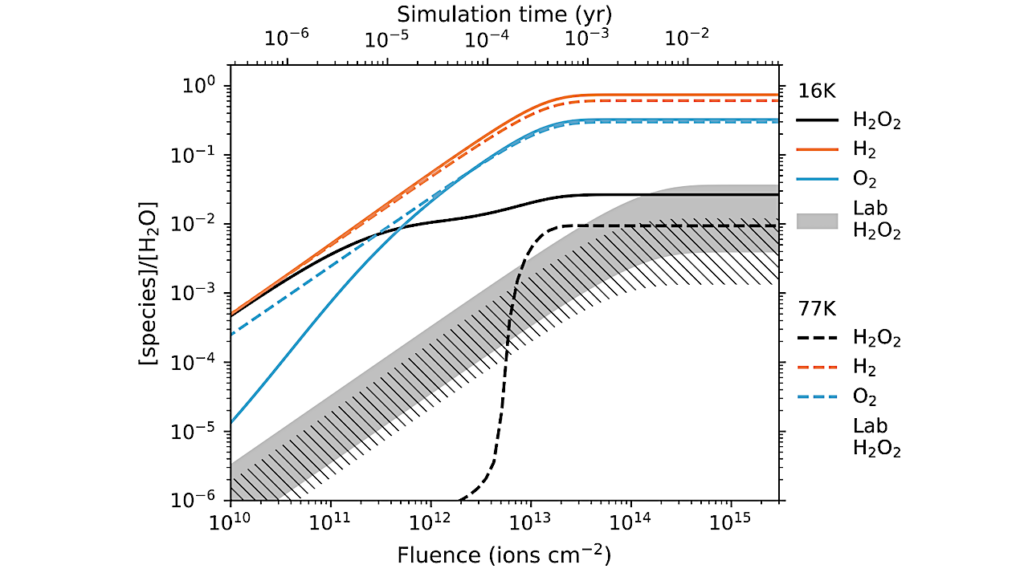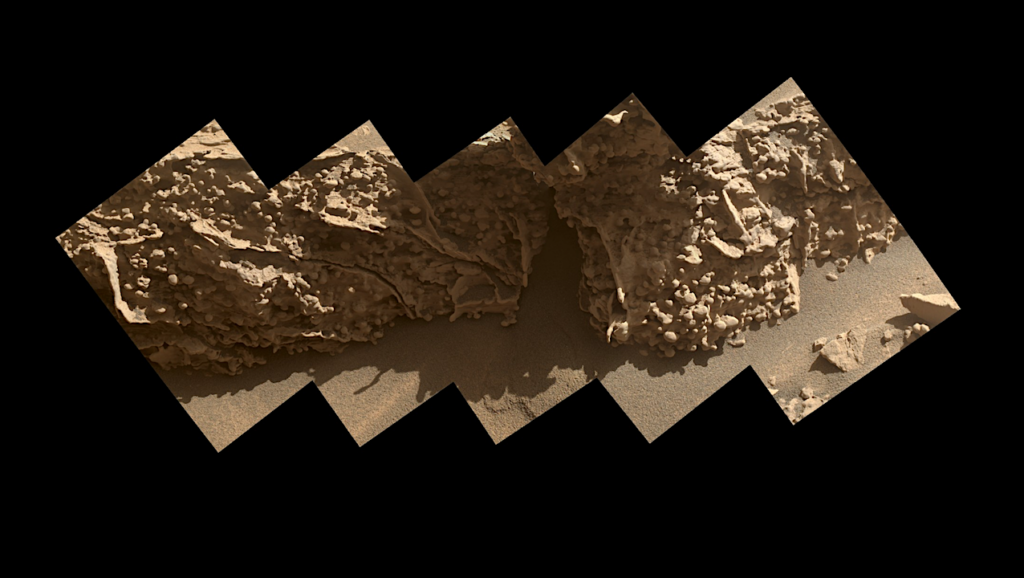Are Metals Depleted For Life In The Ocean Of Enceladus?

Laboratory investigations for trace metals in ocean environments beyond Earth
- Key Points
Enceladus, a Saturnian moon, has a subsurface ocean. There are various ingredients for life and seafloor hydrothermal environments, attracting attention in terms of life. This study performed laboratory experiments and calculations to investigate behaviors of trace metals essential for life in the ocean.
Concentrations of the metals would be controlled by chemical reactions between the seawater and rocks on the seafloor. Some metals, such as cobalt and copper, could be insoluble in the ocean.
Even if other ingredients for life are abundant in Enceladus’ ocean, depletion of trace metals would limit life activity. This study investigated the availability of trace metals essential for life in ocean environments beyond Earth for the first time.
- Overview
Dr. Shuya Tan and Dr. Takazo Shibuya of the Japan Agency for Marine–Earth Science and Technology (JAMSTEC; President, Hiroyuki Yamato), in collaboration with Prof. Yasuhito Sekine of Earth-Life Science Institute (ELSI), Institute of Science Tokyo, have revealed the possibility that trace metals are depleted for life in Enceladus, the Saturn’s moon.
Enceladus would have the ocean beneath its ice-covered surface, attracting attention in terms of the potential presence of life, such as microbes. The researchers conducted laboratory experiments and calculations simulating chemical reactions in the ocean in order to investigate behaviors of trace metals essential for life. Microbes require some trace metals, such as cobalt, nickel, copper, zinc, and molybdenum.
Results of experiments and calculations suggest that concentrations of such metals, particularly cobalt and copper, are not enough for microbes in the ocean. The metal depletion could limit life activity. The present study reports the laboratory-experimental investigations for trace metals in ocean environments beyond Earth for the first time.
These findings will be published in Journal of Geophysical Research: Planets on March 19 (Japan Standard Time). This work was supported by the Grant-in-Aid for Scientific Research of the Japan Society for the Promotion of Science (JSPS: 22K21344, 23H00144, and 23K13158).
Metal limiting habitability in Enceladus? Availability of trace metals for methanogenic life in hydrothermal fluids, JGR Planets (open access)
Abstract: Enceladus’ ocean could support methanogenic life in terms of the availability of chemical energy (H2 and CO2) and nutrients (N and P). However, excess energy and nutrients in the ocean raise the question of why they remain abundant if Enceladus is inhabited. Terrestrial methanogens require trace metals, such as Co, Ni, Cu, Zn, and Mo, for their enzyme activation; nevertheless, the availability of these trace metals is largely unknown in Enceladus’ ocean. Here, we investigate concentrations of dissolved trace metals in Enceladus based on hydrothermal experiments and thermodynamic equilibrium calculations in order to understand the minerals that control their concentrations in water-rock interactions. Our results show that Ni and Co concentrations in hydrothermal fluids can be controlled by dissolution of a sulfide mineral, pentlandite, in chondritic rocks. In a pH range for Enceladus’ ocean, our calculations show that hydrothermal environments would be the source of dissolved Ni and Co. Given a suggested range of water chemistry (pH and dissolved species) of Enceladus’ ocean, Ni, Zn, and Mo concentrations in hydrothermal fluids would be comparable to the levels required for terrestrial methanogens. However, both Co and Cu concentrations would be depleted compared with the levels required for terrestrial methanogens. We suggest that if methanogenic life in Enceladus requires trace metals at the same levels as for terrestrial methanogens, the availability of Co and Cu could control the activity of methanogenesis, possibly leaving excess chemical energy and nutrients in the ocean.
Japan Agency for Marine–Earth Science and Technology (JAMSTEC)
Earth-Life Science Institute (ELSI), Institute of Science Tokyo
DOI 10.1029/2024JE008591
Astrobiology








